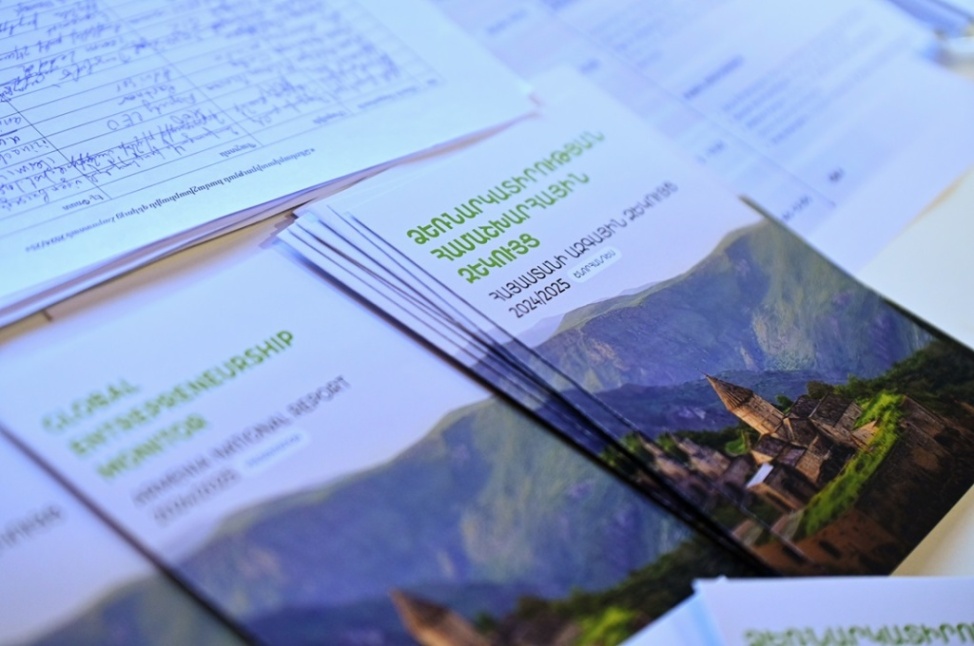Russian Forbes: Yerevan eighth among former Soviet Union’s cities for favorable environment for doing business
23.05.2014,
16:54
Yerevan, Armenia’s capital, ranked eighth among 19 cities of former Soviet republics in a Russian version of Forbes for favorable environment for doing business.

YEREVAN, May 23. /ARKA/. Yerevan, Armenia’s capital, ranked eighth among 19 cities of former Soviet republics in a Russian version of Forbes for favorable environment for doing business.
Forbes is presenting its ranking for former Soviet republics’ cities this year for the first time. Moscow didn't take part in the rating and its data are indicative.
Forbes resents some figures on Armenia and Yerevan. In particular, individual money transfers to Armenia totaled $1.87 billion in 2013, and $1.94 billion came to the country as foreign investments – similar figures.
According to Forbes, an average salary in Yerevan was $415 in 2013, and the city's population 1,130,000, of which 0.6% Russians. Russia's share in Armenia's foreign trade turnover was 24.3% in 2013.
Minsk, the capital of Belarus, with its 1,920,000 residents (10% Russians) and average salary of $741, is topping the ranking.
Five of Belarus' largest taxpayer companies belong to Russians partly or completely. The share of private companies in the Belarusian government budget's tax revenue is 73%.
Central Asia's cities are rounding out the list. Although there are some advantages in these cities – leasing is cheap here, many people understand Russian language some areas here have ores, oil and gas, other indicators, such as poverty, a low labor productivity, faults in tax administration, the underdeveloped banking system and, what is most important, the shoddy governing outweigh the advantages.
Authors of the rating have assessed business environment in cities with taking into account how favorable is it for Russian business people.
“Comfortable language environment and visa free regime without customs barriers are no less important to us than developed infrastructures or low taxes,” they say.
In composing this rating, they also took into consideration how rich are cities.
“The opportunity to make paperwork in Russian language instead of bringing every paper to notary offices was considered as a great advantage,” the authors say.
Qualification of human resources, availability of financial resources and degrees of infrastructure’s development were considered as well along with adverse factors, such as risks, collisions and wars. -0----



